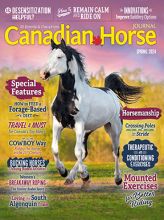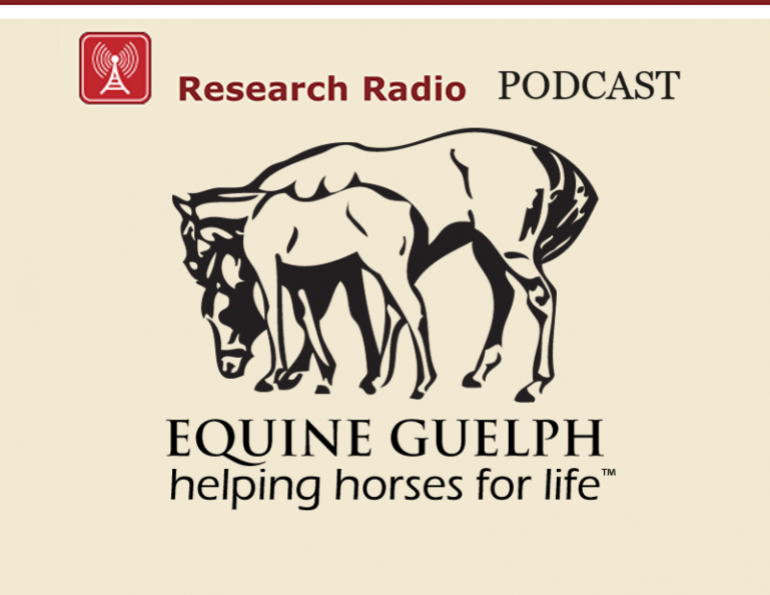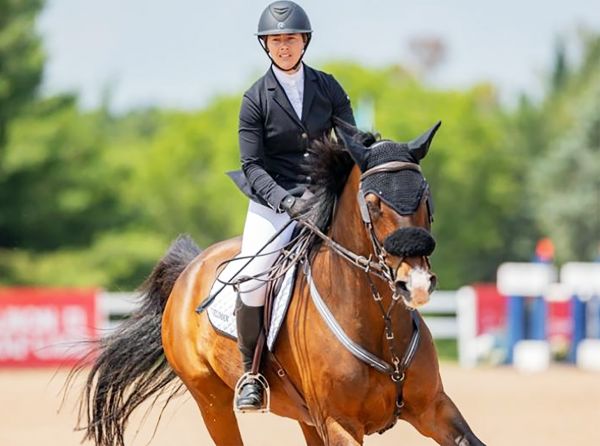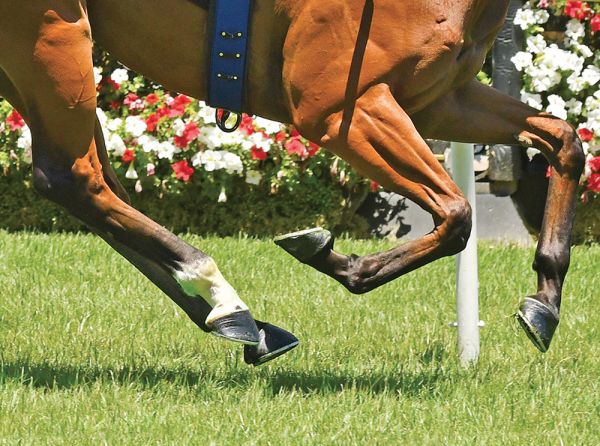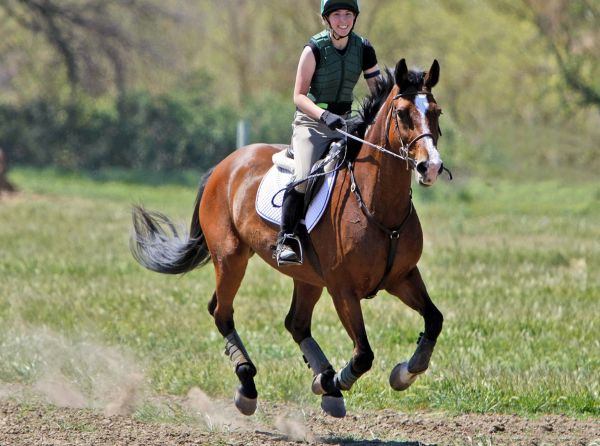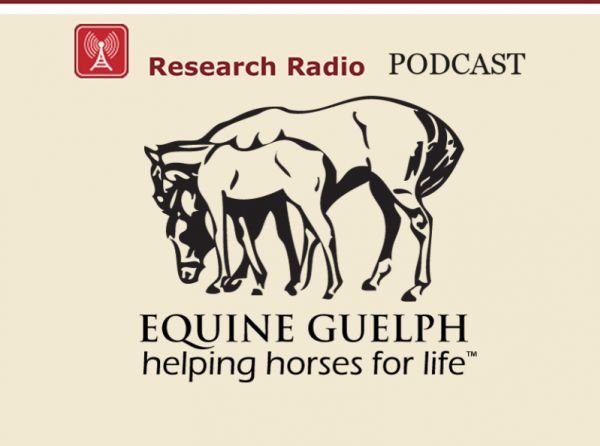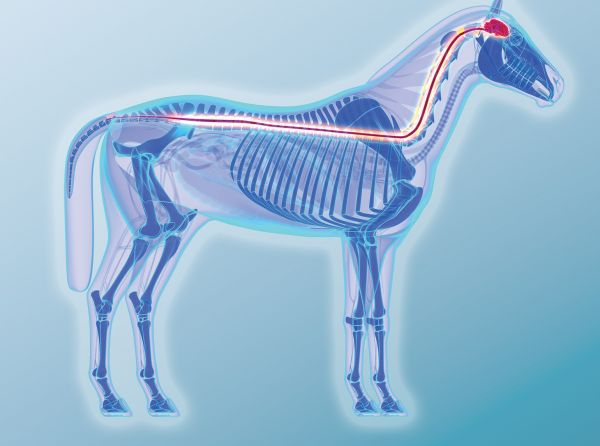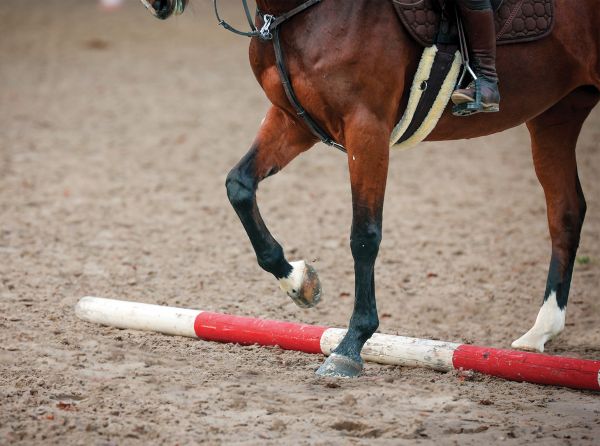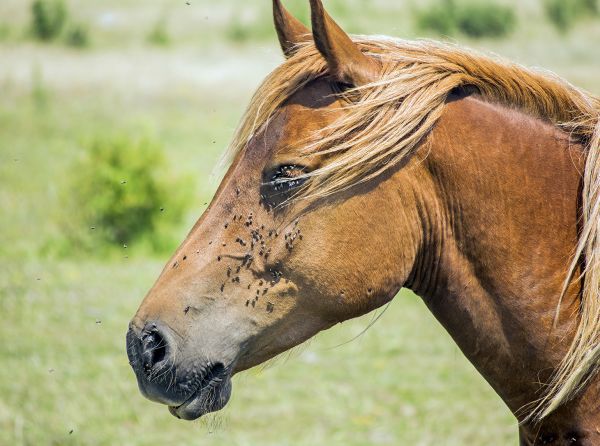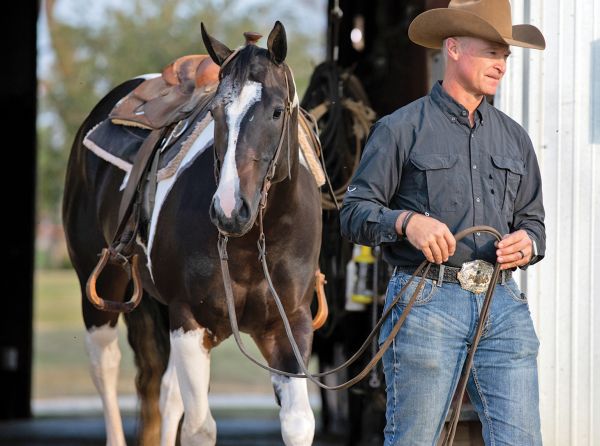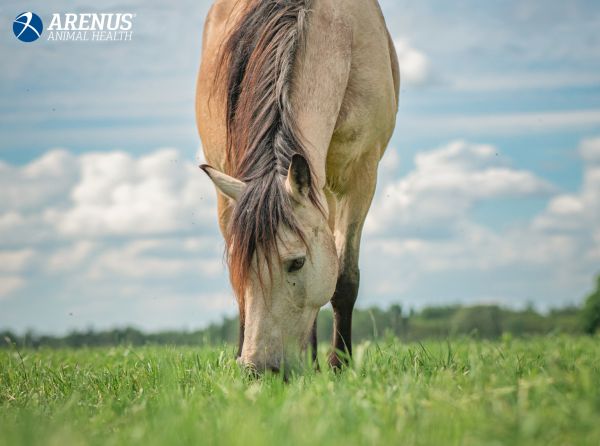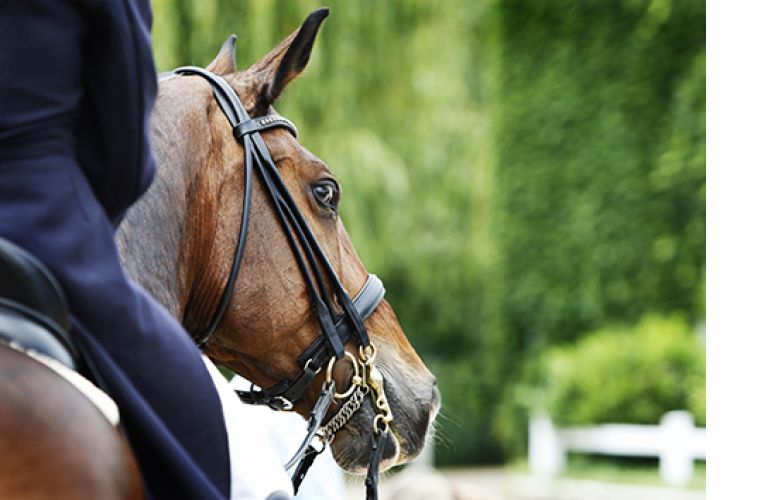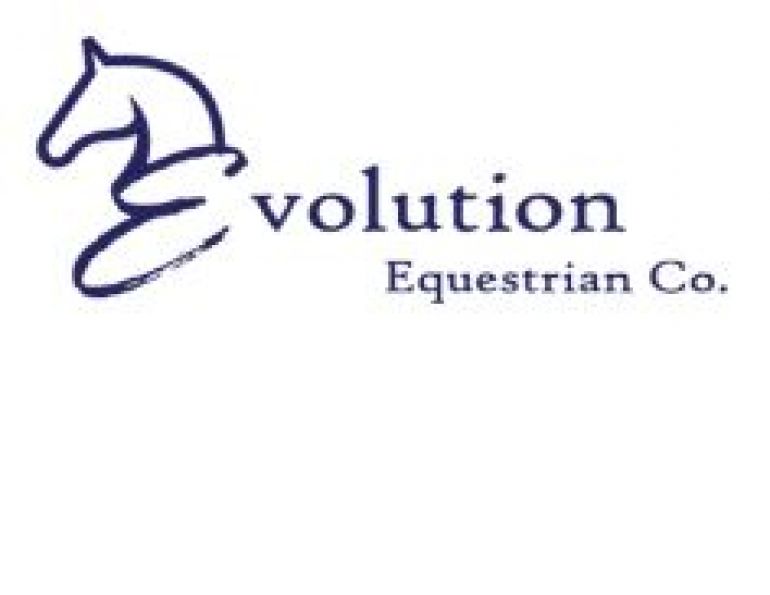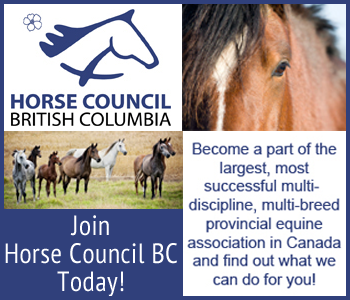By Gayle Ecker/Equine Guelph
The fall is a time of lovely colours, family get-togethers and winding down the busy show season. However, fall is often a time of increased colic calls to veterinarians. While not all colic can be prevented, paying attention to your management of the horse can go a long way to decrease the incidence, and the suffering of episodes.
Colic, which is actually not a disease itself but a sign of stomach pains, can be caused by many different factors so it is well worth every horse owner's time to learn all they can about prevention of this syndrome.
Dr. Ken Armstrong is an equine veterinarian who has been in practice for many years and has seen many horses for episodes of colic during this time. "A lot depends on the weather, as the temperature swings can result in frozen or ice-covered water. This can result in horses drinking less water. At this time of year, they are also shifting from a high moisture diet (grass) to a low moisture diet (dried hay)." Armstrong adds, "Make sure the horse has water available as sometimes the water may freeze during the night and not melt until late morning."
Paying attention now will help you prevent impaction colic from developing as a result of diet and weather changes and the lack of water intake.
A Few Points to Keep in Mind for Colic Prevention:
1. Watch out for poisonous plants. Ingestion of poisonous plants may be a higher risk in the fall as hungry horses are looking for grass that is diminishing. They may start eating other plants such as red maple, and others. Pay attention to what your horses are eating, to ensure they are getting adequate forage from either the grass or the hay. Take the time to inspect your pastures and clean out weeds to reduce risk.
2. Increasing forage intake and changing forage sources. The fall is a time of change from moisture rich summer pastures to dried hay. Try to make this transition in a gradual manner without sudden changes to the diet. The gut of the horse needs about 2 weeks to shift over to different forages to reduce the risk of colic.
3. Always have fresh, clean water available. Water needs may increase as a result of the dry grass and increased hay being consumed so make sure there is lots of fresh, clean water provided 24 hours a day. Observe the behaviour of your horses to ensure that all horses are able to access the water, as sometimes in small paddocks one horse may prevent other horses from getting to the food and water sources.
4. Check water temperature. Keep an eye on the water buckets, and provide heated water on the nights when the temperature is dropping rapidly. Monitor the amount of water consumed so that you can act in a preventive manner if there is a decrease in water consumption.
5. Monitor hydration. Dehydration increases the risk of impaction colic. Monitor the horse for any signs of dehydration. Discuss how you can do this with your veterinarian. A "skin pinch" on the shoulder of the horse is a useful tool to assess hydration by seeing if there is any delay in the skin flattening back down (this is called skin tenting). Slowed skin response may indicate a degree of dehydration. Knowing this, you can add water to concentrate ration and/or soak the hay for 10 minutes prior to feeding as this will bring more water into the gut. You may also wish to discuss with your vet or equine nutritionist the use of soaked and shredded beet pulp as an addition to the diet for getting more water into the digestive system.
6. Have a parasite prevention program. Talk to your veterinarian about appropriate fecal testing and parasite control. The "shotgun" approach to deworming horses is often ineffective and parasite loads can be a high risk for colic.
This article was reprinted with kind permission from Equine Guelph.
Main Photo: istock - Dehydration increases the risk of impaction colic. Clean, fresh water should be available at all times, and it's recommended that you monitor your horse's water intake and hydration.


